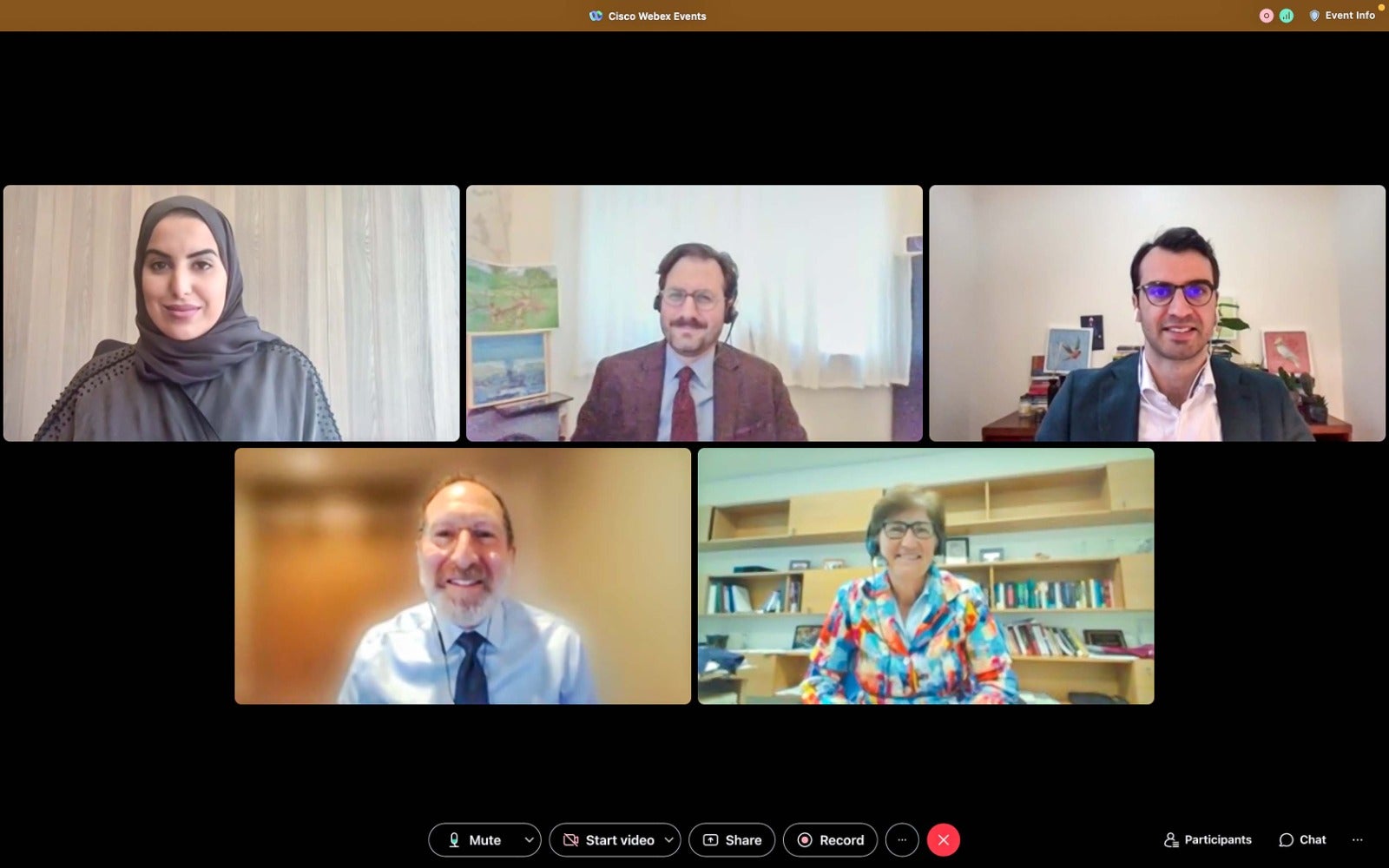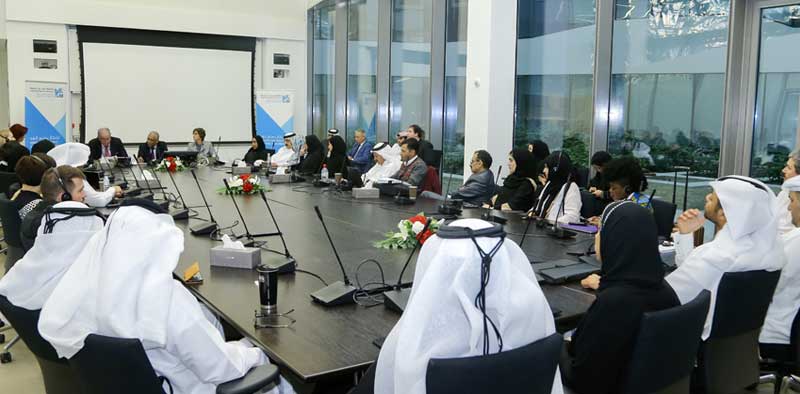Speakers discuss forthcoming BEPS rules to address taxation challenges raised by digitalization

The College of Law at Hamad Bin Khalifa University (HBKU) and the Qatar Financial Centre (QFC), a leading onshore financial and business center in the region, jointly held a conference on November 17 to discuss proposed changes to international tax rules and address taxation challenges arising from the digitalization of the economy.
The conference explored the impact of the Base Erosion and Profit Shifting (BEPS) Project, a set of global tax reforms being led by the Organisation for Economic Co-operation and Development (OECD)/G20. Pillar II of the OECD’s plan proposes that internationally-operating businesses with revenue above EUR 750 million pay a global minimum tax rate of 15% where they operate. The aim is to address tax avoidance strategies such as profit shifting which are being used by multinational entities and more easily facilitated by new technologies.
If the proposals are adopted by countries, the implications may be far-reaching for developing economies that are eager to attract foreign direct investments. While these reforms do not compel countries like Qatar to increase their current corporate income tax rate, they would allow the home country of a multinational entity to tax the difference, thereby potentially denying companies the tax benefits from investing in Qatar.
Opening remarks by Dean Susan L. Karamanian, from HBKU’s College of Law, and Nasser Al-Taweel, Deputy CEO and Chief Legal Officer at QFC, established the background and rationale of the tax reforms. A keynote address by David Bradbury, Head of Tax Policy and Statistics Division at the OECD, highlighted the progress made by the BEPS Project and current negotiations to reach consensus-based solutions.
A panel then focused on “Tax Incentives and Continuous Relevance for Foreign Direct Investment (FDI)” while a second panel examined the “Impact of Pillar II on Tax Incentives in Developing Countries”. Presentations generated discussions on the options for developing countries to retain competitiveness as they are confronted with potentially restraining global tax reforms. The discussions also highlighted the need to mitigate the risks of tax shifting while avoiding disincentivizing FDI.
Speakers represented the Investment Promotion Agency of Qatar, the Qatar Science and Technology Park, the Centre for Economic Policies, the African Centre for Tax and Governance, and South Centre. Other panelists were from PricewaterhouseCoopers, Rwanda Revenue Authority, Singapore University of Social Sciences, Universiteit Antwerpen, Global Tax Services, the World Bank, Catholic University Lisbon, and Ernst & Young.
Speaking after the event, Dr. Alexander Ezenagu, Assistant Professor at HBKU’s College of Law, said: “The goal of this conference was to better understand how Qatar and developing countries are currently engaging with BEPS Pillar II reforms and how the rules may be implemented nationally. This was made possible by combining our respective legal, tax, investment, and financial expertise. We sincerely thank the Qatar Financial Centre Authority for collaborating with HBKU to organize this valuable conference, and to each of our distinguished attendees for bringing their expertise. Given the complexities of implementation still ahead, we are very keen to continue these discussions and share relevant research being done at the College of Law that can promote a broader understanding of its practical applications.”
Delivering opening remarks at the event, Al-Taweel said: “As a global business and financial center committed to driving Qatar’s economic diversification and development by providing a world-class, commercial, legal, and regulatory environment, QFC is fully engaged in international tax discussions and diligently reforms its tax regulations in line with international best practices. We also ensure that our stakeholders are well informed of what such developments entail and how their businesses will be impacted. This seminar was part of this effort – to enable a meaningful discussion of the implications of the new tax regulation to developing countries and what it means to businesses in Qatar.”






